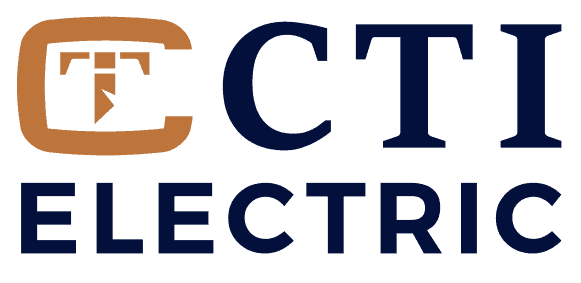To appreciate the influence and versatility of electrical energy and power in your life, consider how various sectors operate. Energy generation sectors like natural gas, hydrocarbon gas liquids, diesel fuel, and other petroleum products make use of the inherent energy unit within their respective resources to produce electricity. The generated power is then transmitted over transmission lines maintained at high voltage, which reduces power dissipated.
At the consumer end, circuit breakers ensure that an overload does not cause harm to users or appliances. Furthermore, from providing heating oil to power up your homes in winters to lighting up entertainment avenues, every facet of life is powered by electricity. The transformation of electrical potential to visible light, mechanical work, thermal energy, etc., is a testament to electricity’s ubiquitous presence.
In particular, the commercial unit of electrical energy, the Kilowatt-hour (kWh), plays a vital role in our lives. It helps to quantify the electricity consumed by appliances, from your LED light bulb to high power consumption industrial machinery, and generate your utility bill. Understanding the implications of kWh can aid in making informed decisions about power usage and lead to more efficient energy consumption. We should always keep in mind that while electrical energy and power have made life simpler, it’s our responsibility to use them judiciously for a sustainable future.







